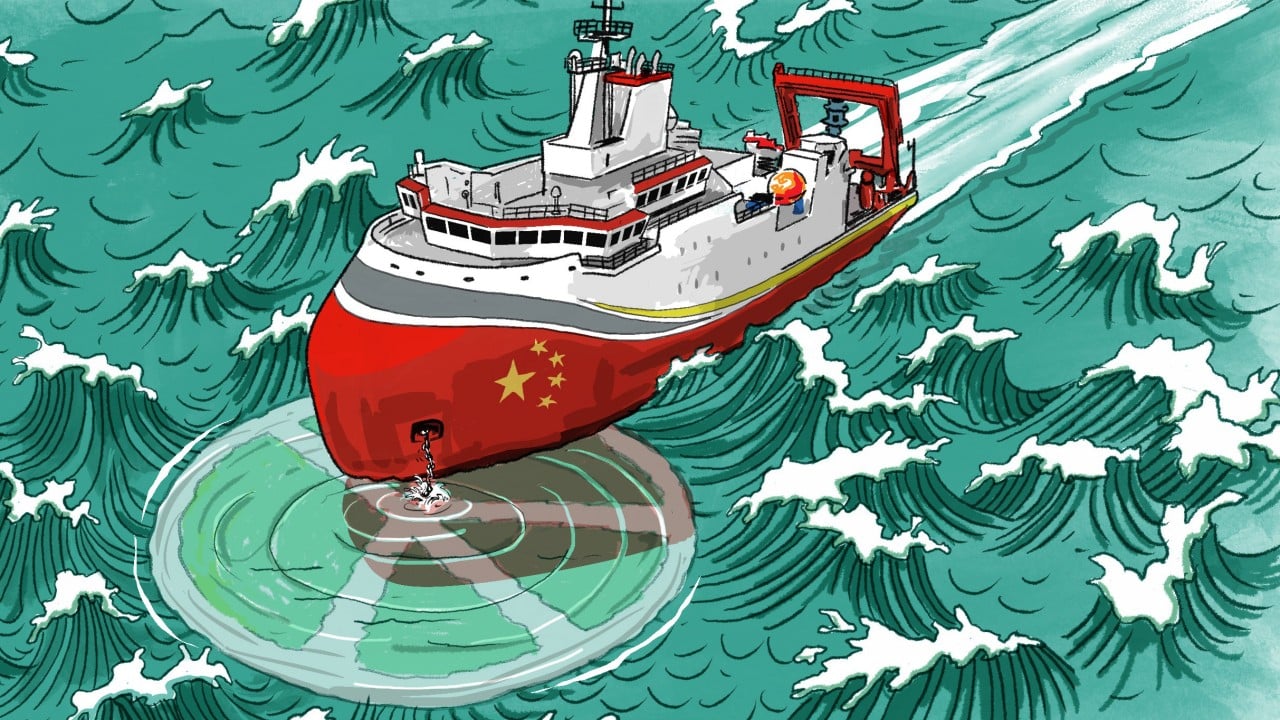The South China Sea has long been a flashpoint in geopolitical tensions, but beneath its contested surface lies one of the planet’s most scientifically compelling marine frontiers. Home to an array of deep-sea ecosystems, hydrothermal vents, underwater mountain ranges and vast coral reef systems, the region is increasingly recognised as a natural laboratory for cutting-edge oceanographic research.
Advertisement
Climate change, biodiversity loss and overexploitation are putting mounting pressure on marine environments worldwide. Amid this, the South China Sea stands out for its environmental significance as well as the diplomatic opportunity it presents: a chance to pivot from conflict to cooperation through shared scientific enterprise.
In recent years, China has asserted itself at the centre of this emerging science-based diplomacy. With heavy investment in ocean technology, scientific expeditions and international research partnerships, Beijing is now poised to take a leadership role in shaping a collaborative marine science agenda in the region.
Central to this effort is the vision of building a network of marine protected areas across the South China Sea. Unlike isolated conservation zones, these areas are designed to function ecologically and operationally as interconnected systems. They facilitate the movement of marine species, enhance genetic diversity, provide resilience against climate stressors such as ocean acidification and warming seas, and serve as platforms for international research.
Spanning around 3.5 million sq km, the South China Sea is one of the world’s most ecologically and geologically rich marine regions with more than 3,000 fish species, vibrant coral reefs and largely uncharted deep-sea habitats. Its sea floor holds vital clues to the Earth’s geological past and the unfolding story of global climate change.
Advertisement
Marine scientists see this area as a treasure trove of research opportunities. A forum organised by the journal National Science Review at the Annual Conference of the South China Sea-Deep Programme, held in January in Shanghai, highlighted the region’s significance as a “fantastic natural laboratory” for deep-sea research and emphasised the importance of international collaboration in exploring and preserving these ecosystems.

